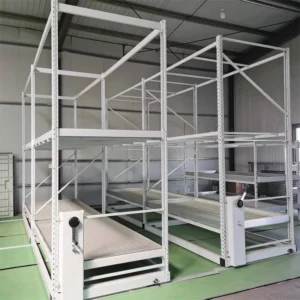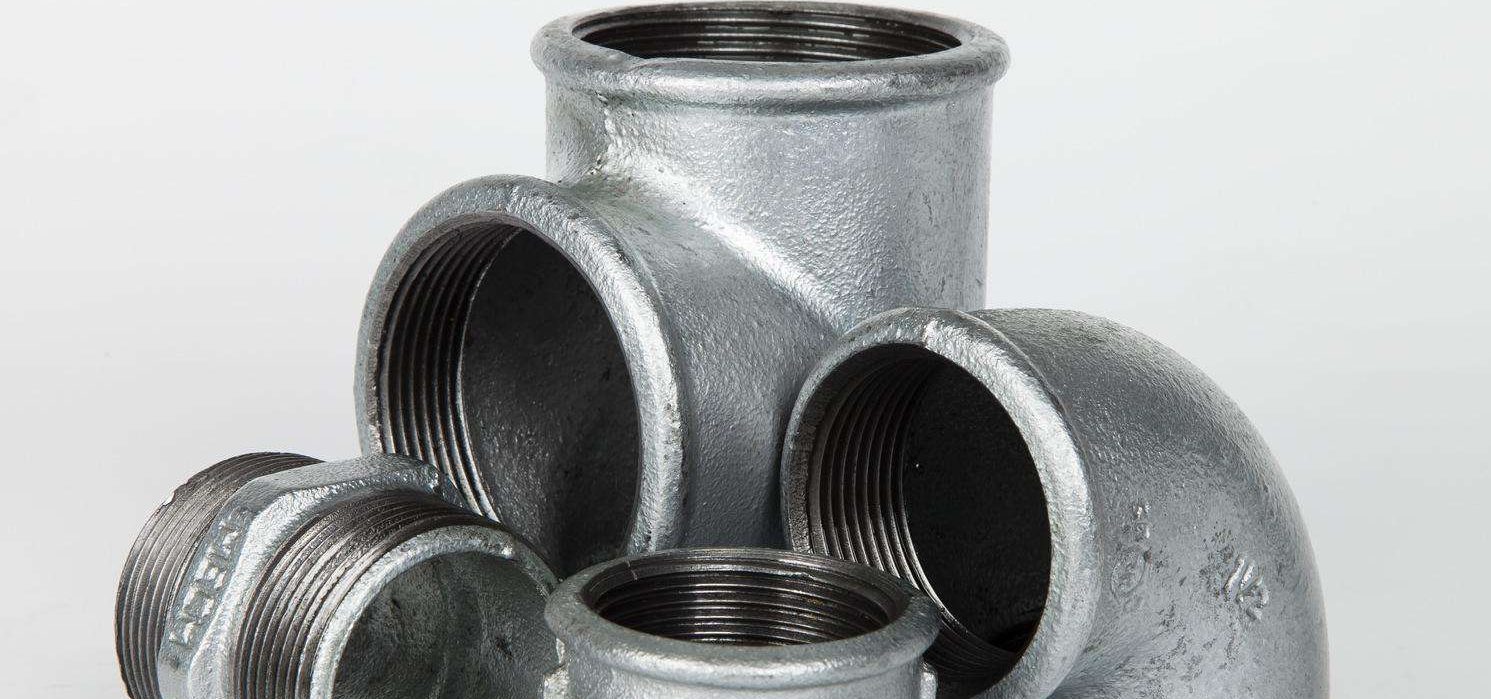Greenhouses have long been an essential tool for extending the growing season and creating optimal environments for plants. Among the various greenhouse construction options, metal frames have gained popularity for their durability, versatility, and sustainability. In this article, we will explore the benefits of greenhouse metal frames and how they contribute to successful cultivation and sustainable practices. By understanding the advantages of metal frames, growers can make informed decisions when planning and constructing their greenhouse structures
Durability and Structural Strength
- Longevity:Metal frames offer exceptional durability, ensuring the longevity of the greenhouse structure. Metal, such as aluminum or galvanized steel, is resistant to corrosion, rot, and degradation caused by weather conditions, pests, or fungi. This durability allows the greenhouse to withstand harsh elements and maintain its structural integrity over time.
- Structural Strength:Metal frames provide robust support for the greenhouse structure. The inherent strength of metals enables the construction of larger, more spacious greenhouses without compromising stability. This strength allows for the installation of multiple layers of glazing materials, such as glass or polycarbonate, to enhance insulation and regulate temperature effectively.
Versatility and Customization
- Design Flexibility:Metal frames offer design flexibility, allowing growers to customize their greenhouse structures to meet specific needs. The malleability of metal enables the creation of various shapes and sizes, accommodating different cultivation requirements and site constraints. From traditional gable-roofed structures to curved or even geodesic dome designs, metal frames can be adapted to suit diverse aesthetic and functional preferences.
- Expandability:Metal frames facilitate greenhouse expansion and modification. The modular nature of metal construction enables growers to add extra bays or sections as their cultivation needs evolve. This scalability feature ensures that the greenhouse can grow alongside the business or gardening ambitions, providing ample space for increased plant production or diversification of crops.
- Integration of Accessories:Metal frames allow for easy integration of greenhouse accessories and equipment. Growers can incorporate features such as automated ventilation systems, shade cloths, irrigation systems, and hanging supports for vertical gardening. The versatility of metal frames makes it convenient to install and adjust these accessories as needed, enhancing the overall efficiency and productivity of the greenhouse.
Energy Efficiency and Sustainability
Thermal Efficiency:Metal frames contribute to superior thermal performance in greenhouses. Metals have high thermal conductivity, facilitating efficient heat transfer within the structure. This characteristic allows for better temperature regulation, preventing excessive heat loss during cold seasons and minimizing heat gain during hot periods. By maintaining stable and optimal temperature conditions, metal-framed greenhouses reduce energy consumption and provide a favorable environment for plant growth.
Natural Light Optimization:Metal frames can be designed to maximize natural light penetration into the greenhouse. The structural strength of metals allows for large spans of glazing, ensuring ample sunlight exposure for plants. This reduces the reliance on artificial lighting, minimizing energy consumption and associated costs. Additionally, optimal natural light distribution enhances plant photosynthesis and growth, leading to healthier and more productive crops.
Environmental Sustainability:
Metal frames contribute to environmental sustainability in several ways:
- Recyclability: Metals used in greenhouse frames, such as aluminum and steel, are highly recyclable. At the end of their lifespan, these materials can be recycled and repurposed, reducing the environmental impact of greenhouse construction.
- Water Management: Metal frames can incorporate rainwater collection systems, allowing for efficient water management within the greenhouse. This promotes water conservation and reduces reliance on external water sources.
- Reduced Chemical Use: The durability and pest-resistant properties of metal frames can reduce the need for chemical treatments to combat pests and fungal diseases, minimizing the use of potentially harmful substances.
Greenhouse metal frames offer significant benefits in terms of durability, structural strength, versatility, and sustainability. Their longevity, design flexibility,green house metal frame and expandability provide growers with reliable and customizable structures to meet their cultivation requirements. Metal frames also contribute to energy efficiency by optimizing thermal performance and natural light distribution, reducing energy consumption and improving plant growth. Furthermore, the recyclability of metals and the potential for integrating sustainable practices within the greenhouse contribute to environmental sustainability. By harnessing the advantages of metal frames, growers can create resilient, productive, and eco-friendly greenhouse environments, ensuring successful cultivation while minimizing environmental impact

